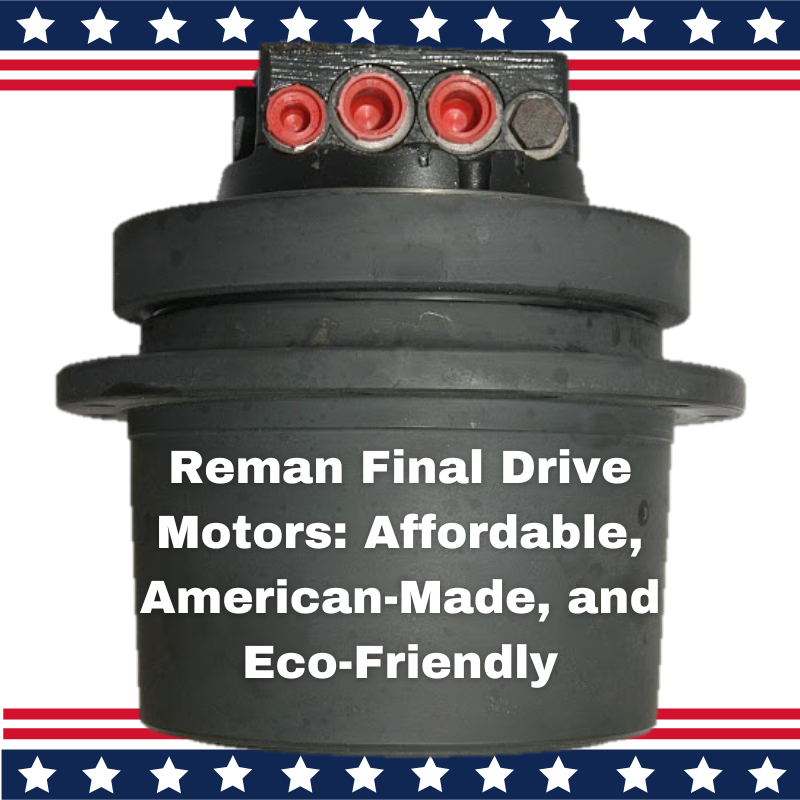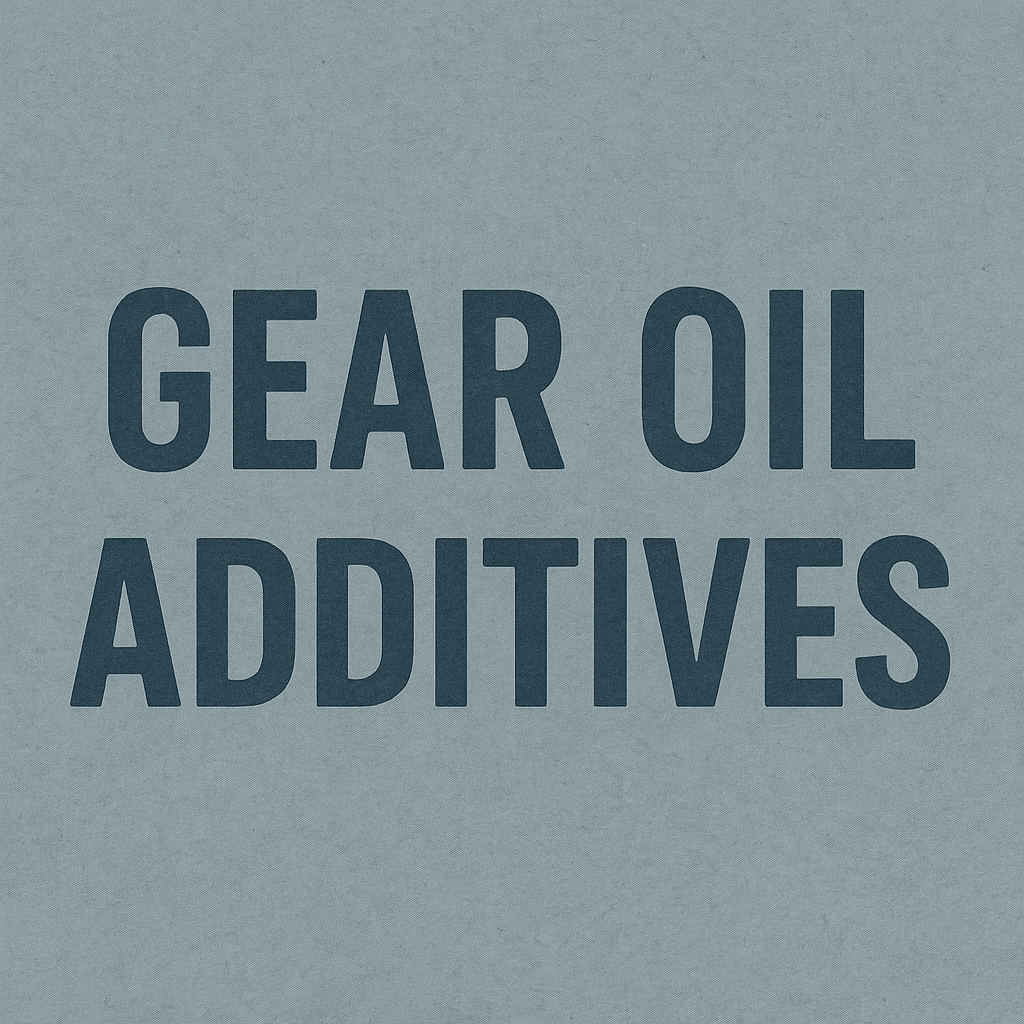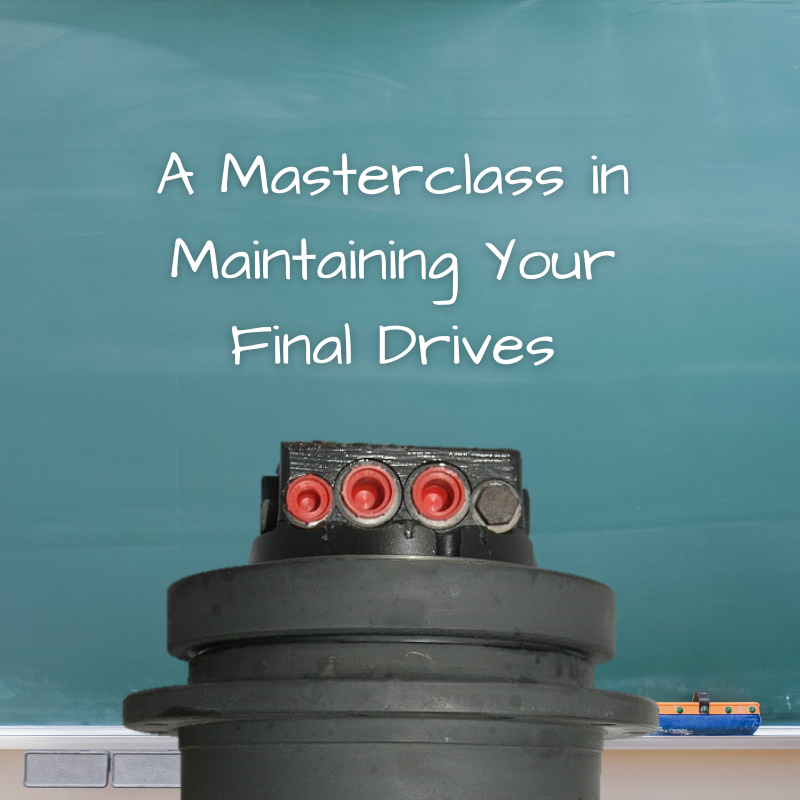Think final drive motors don’t need maintenance? Think again! While they’re built to last, ignoring routine care can lead to big problems down the road—like leaks, breakdowns, or even total failure. The good news? A little maintenance goes a long way in keeping your equipment running smoothly, saving you time and money.
In this post, we’re busting common myths about final drive motors and sharing simple tips to keep them in top shape. Let’s dive in and set the record straight!
Here are a few other blog posts that might interest you:
1. Myth: Final Drive Motors Are Completely Maintenance-Free
Reality: While final drive motors are durable, they must be regularly maintained. Maintenance includes:
- Checking and changing the gear oil
- Cleaning the undercarriage and around the final drive
- Fluid analysis
Besides the obvious benefits of maintenance, it also ensures the life of your final drive, enhances efficiency, and helps promote excellent performance. If you don’t want to be stranded with a compact machine that won’t move or have to pay costly repair or replacement costs for your final drive, maintain your final drive motors. Neglecting maintenance can lead to decreased machine performance, increased fuel consumption, and even total machine failure.











